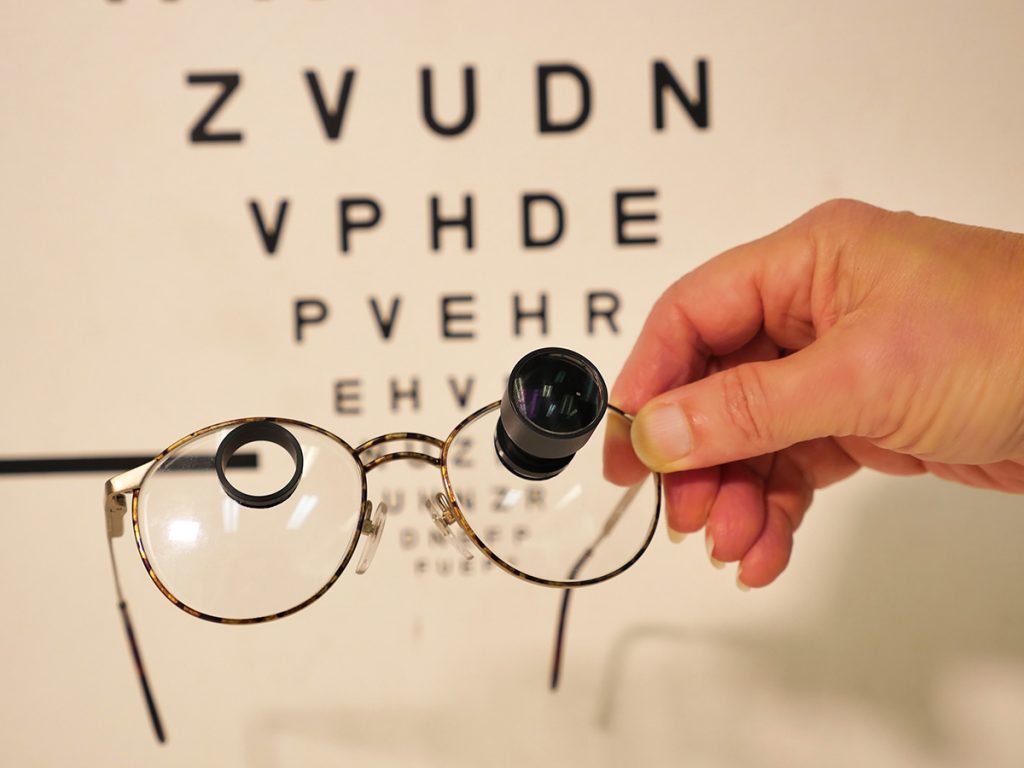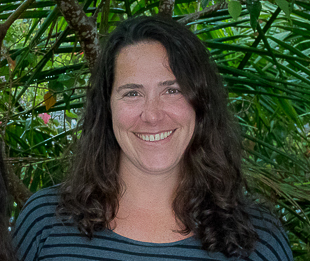By Dr Lisa Nivison-Smith
Meet Dr Sharon Oberstein, the Deputy Clinic Director at the Optometry clinic on the UNSW campus. Breaking down the stereotype that optometrists merely make glasses, Sharon recently finished her PhD doing the impossible–finding ways to help those with vision loss, learn to drive. With a passion for teaching, research and helping patients, she now runs clinics to help those with low vision, as well as teaching the next generation of optometrists.
1. Tell me a bit about your current role at UNSW.
Currently, I am the Deputy Clinic Director at the UNSW Optometry Clinic. My primary role is to co-ordinate and supervise the low vision clinics, co-ordinate the clinical experience for final year UNSW optometry students and convene the final year optometric clinical course in Paediatrics, Low Vision and Colour Vision.
2. You recently finished your PhD, what was your project about?
I explored strategies help individuals with central vision loss to be able to drive. Driving is a privilege many of us take for granted. Yet for those with visual impairment, not being able to drive can mean they miss out on job opportunities, social events and much more. I wanted to help these individuals gain this freedom.
Most of my project focused on a strategy known as the bioptic telescope, which is a mounted spectacle telescope (see photo below). I found that when drivers with vision impairment wore the telescope, they were able to read signs in the distance that they couldn’t see before. I have been working towards helping others with vision impairment be given to opportunity to learn to drive.

3. You were already a highly qualified optometrist when you started your PhD, why did you decide to do further study?
My first motivation was my patients that have central vision impairment that wanted to drive. I knew there were strategies available for them to drive, but there was a lack of research to support it. So I started a PhD to build this evidence.
I also already spent time working in the academic environment and I had gained specialised skills in an area of optometry through mentoring and clinical experience. Yet I lacked the academic qualification and research skills to teach it and so I pursued a PhD so I could do these activities in the future.
4. Besides research skills, what else did you learn during your PhD which was surprising?
Unlike my previous achievements, the challenges of the PhD journey demanded much more than the basic academic aptitude and good work ethic and so I learnt about the need to be resilient. A highlight of my PhD journey was meeting and speaking with the academic giants and heroes in my discipline at conferences and through the academic network, their mentoring, encouragement and advise was inspirational.
5. The UNSW Women in Maths and Science Champions Program aims to inspire young women. Why did you join the program and what inspires you?
I was mentored and inspired to gain special skills in optometry both before and during my PhD. I joined the program to help pay forward some of that passion and inspiration. I have also been privileged to enjoy a rewarding career in science and academia, as well as grow and nurture my family and three children, and I want to inspire others to do the same.
6. And finally, what’s the biggest myth about optometrists?
That all we do is ask which is better, one or two!
The eye is an extension of the brain and it can provide an insight into so much more about the health of a person. This is why optometry is a complex allied health profession with many specialities and opportunities. It’s much more than just making spectacles!

Read about Sharon’s research in the Sydney Morning Herald (https://www.smh.com.au/national/telescope-helps-visionimpaired-drivers-get-behind-the-wheel-20150819-gj2gu2.html)
Follow Sharon on Twitter
Follow Lisa on Twitter





